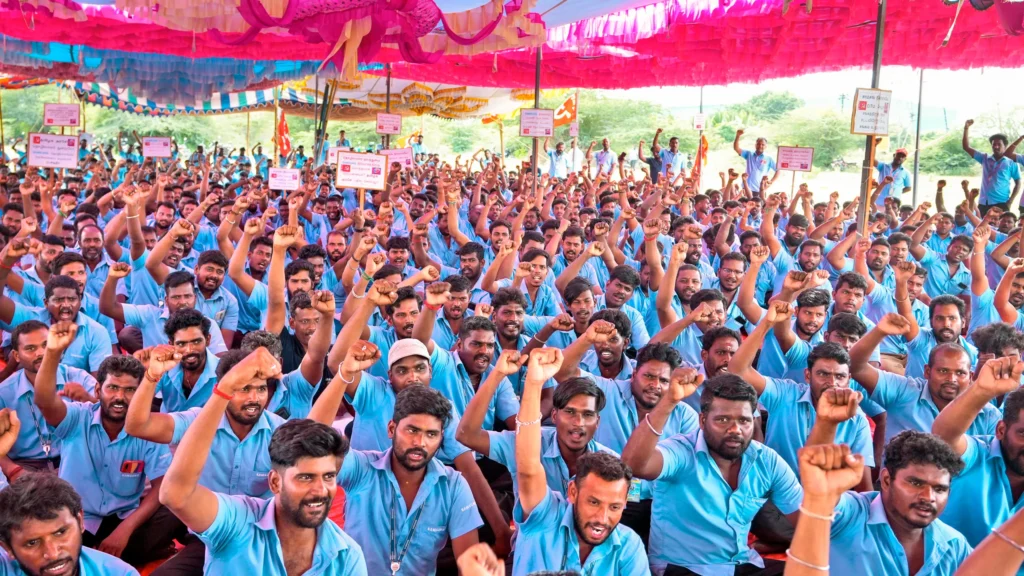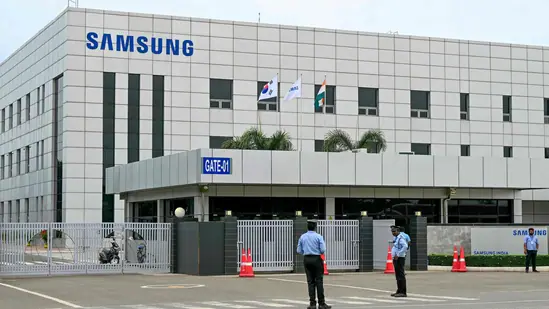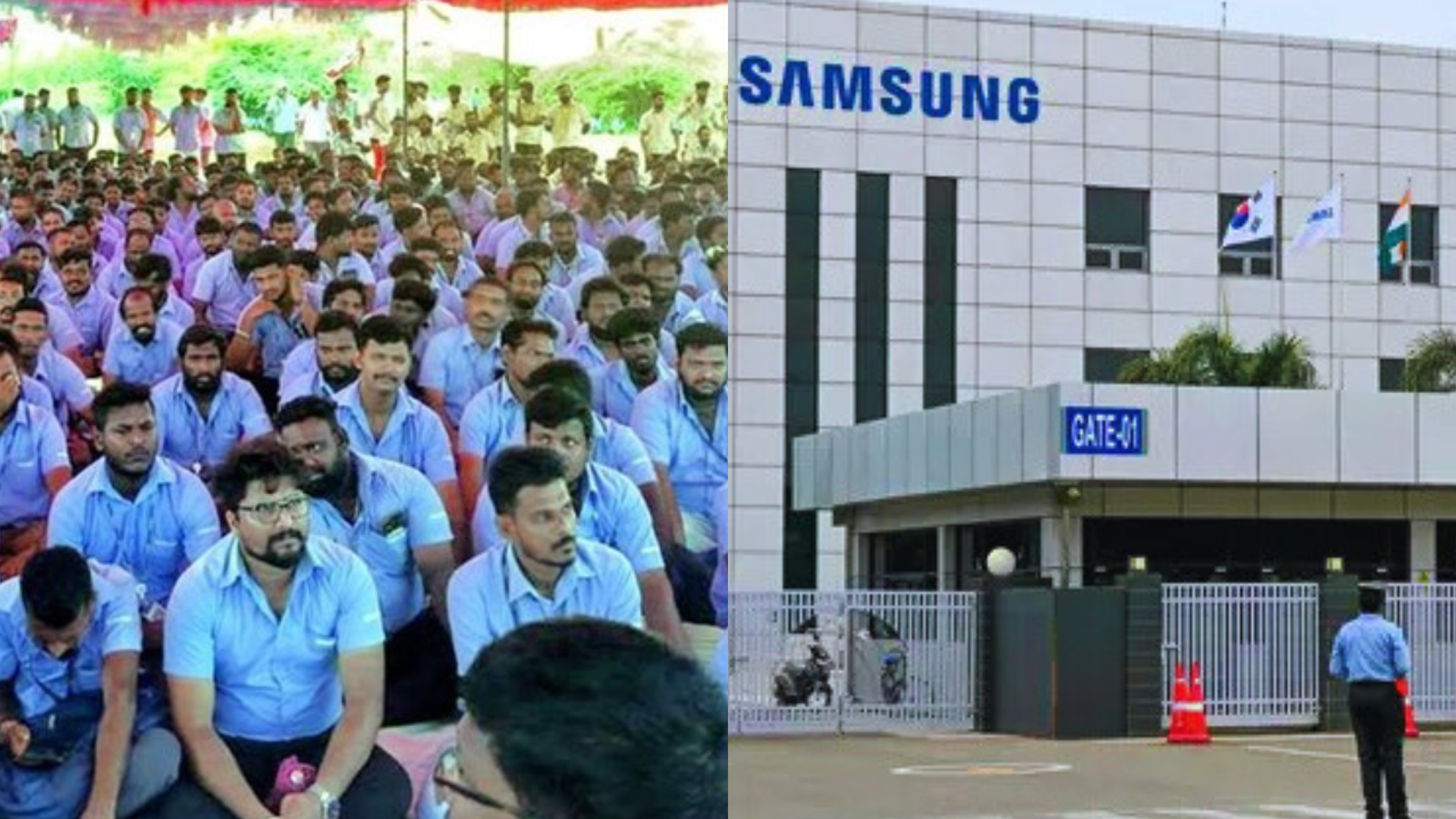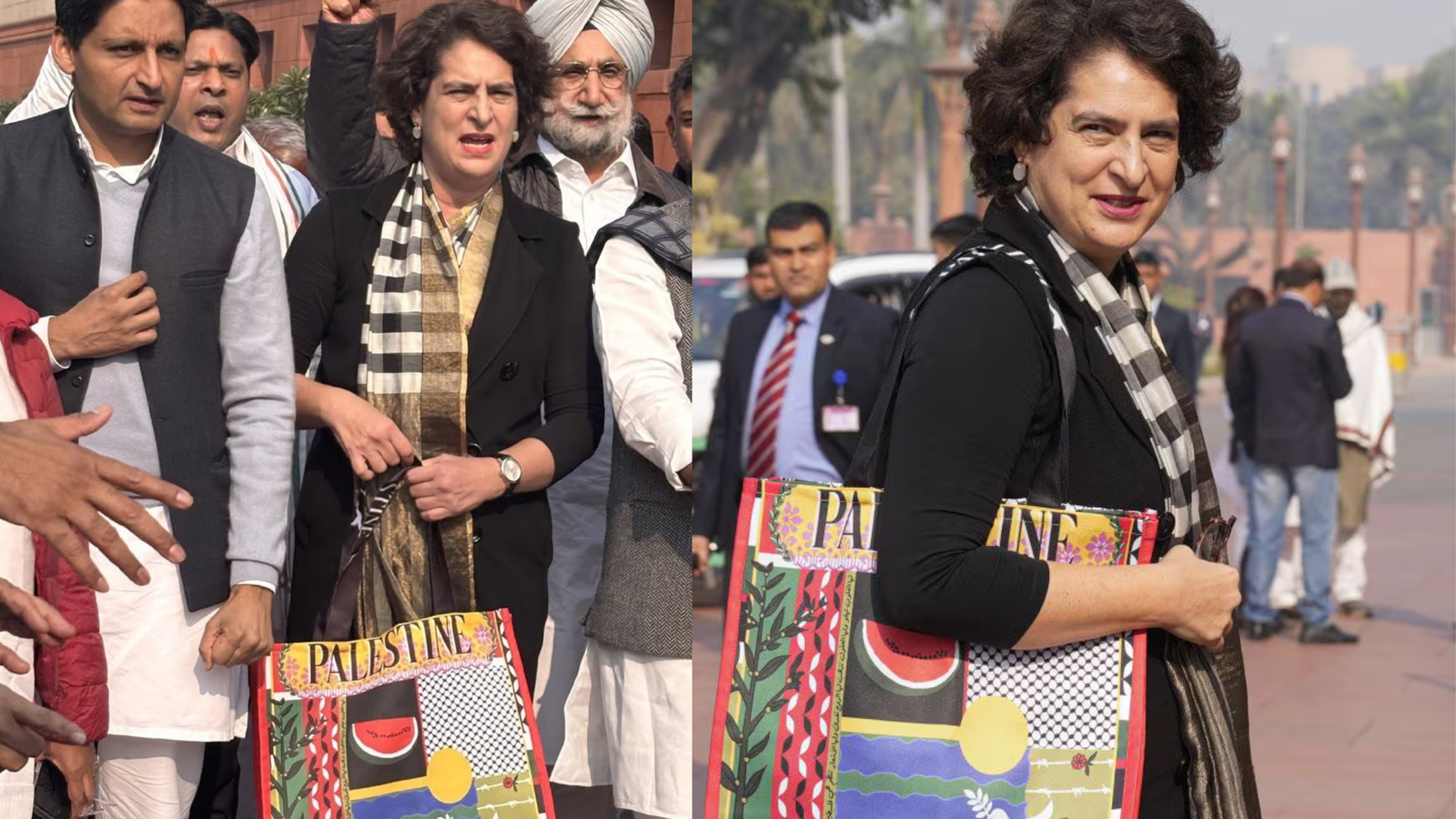Background of the Strike
Workers at Samsung Electronics‘ factory in Chennai, Tamil Nadu, have ended a month-long strike, marking one of the largest labor movements for the South Korean tech giant in recent years. Approximately 1,500 employees had participated in the protest, demanding better wages, improved working conditions, and formal recognition of their newly-formed union, the Samsung India Labour Welfare Union (SILWU).

Key Developments in Negotiations
According to a labor activist supporting the workers, Samsung has not yet recognized the union but has agreed to engage with the workers regarding their other demands. The strike’s resolution comes at a critical time as Prime Minister Narendra Modi aims to position India as a competitive alternative to China for manufacturing.
The Centre of Indian Trade Unions (Citu), which organized the strike, announced on Wednesday that workers would return to their posts following a meeting with the Tamil Nadu labor department. E. Muthukumar, a representative from Citu, stated that the discussions led to a decision to resume work, with ongoing negotiations for improved pay, medical insurance, and better facilities.

Commitment from Samsung
During the negotiations, Tamil Nadu’s Minister for Industries, TRB Rajaa, confirmed that the workers agreed to cooperate fully with management. Samsung also committed to not penalizing workers for their participation in the strike, stating that it values a collaborative relationship with its workforce.
Samsung released a statement welcoming the decision to end the strike, emphasizing its commitment to making the Chennai facility a desirable workplace. The factory, which employs nearly 2,000 workers, is one of Samsung’s two manufacturing plants in India and plays a vital role in generating approximately one-third of the company’s $12 billion annual revenue from the region.
Importance of Union Recognition
One of the critical demands from the striking workers was for Samsung to officially recognize their union. Workers argued that union recognition is essential for negotiating better wages and working conditions. Akriti Bhatia, a labor rights activist, highlighted a concerning trend where multinational companies in India often do not adhere to local labor laws that guarantee the right to unionize and bargain collectively. These companies tend to establish internal unions that appear legitimate but are heavily influenced by management.
A source within Samsung previously indicated that while the company supports unions, it does not endorse those backed by external, politically-affiliated groups. This stance reflects a broader issue within India’s labor landscape, where workers often find themselves negotiating from a position of weakness against powerful corporations.
Broader Implications for Labor Relations
Earlier this year, a similar situation unfolded when hundreds of workers at a manufacturing plant for an Apple supplier in Tamil Nadu staged a one-day strike, also seeking recognition for their union. These incidents underscore ongoing tensions between labor rights and corporate governance in India’s rapidly growing manufacturing sector.
As discussions between Samsung and the workers continue, the outcome could significantly influence labor relations not just at the Chennai plant but across other factories in India as well. The resolution of this strike may also set a precedent for future labor movements within multinational companies operating in the region, highlighting the importance of recognizing workers’ rights in the face of industrial growth.




